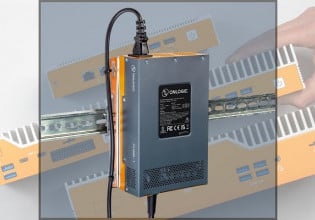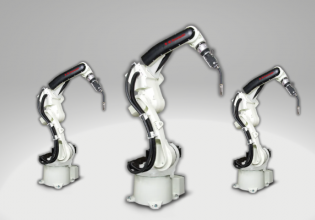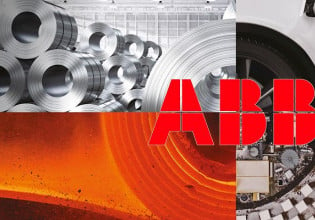Power Unit Conversion Calculator
Watts and horsepower are commonplace for electrical circuits that supply power for motion systems. This calculator can easily convert between these and other common thermal power industrial power units.
Enter an original value for power and original unit system:
Select up to two output units and click 'Calculate' to view equivalent power values:
Power
Power, at its most basic physical definition, is the rate at which a force is successfully moved over a distance. Power is provided into every control system from the supply mains or from a battery, then consumed by each electro-mechanical load system. The main objective in all of industry is to accomplish a task with as little excess ‘waste’ as possible, which usually shows up as friction (heat).
Difference Between Horsepower and Watts
Commonly, mechanical systems are rated by the horsepower (hp) required to overcome the combined forces of the load plus static and dynamic friction. The electrical system supplying the load is measured in terms of voltage and current capacity and is stated in watts. Although both units represent power, the size of each unit is quite different
$$1~Horsepower=746~Watts$$
Because of this difference between watts and hp, it is common for engineers to encounter a unit conversion challenge at the location of the motor—the link between the electrical and mechanical world. The motor is rated in hp, yet the voltage and FLA (full load amps) are provided on the data plate, requiring some knowledge to obtain the required wattage of the power supply.
British Thermal Units (BTUs) and Calories (Cal)
For many power and gas system applications, it is important to know how quickly the energy is being consumed, or the potential conversion rate for a natural gas or fuel source. These systems are often measured in BTUs (British Thermal Units) and calories (or kilocalories) and the conversion rate of power is measured in BTUs or calories per hour.
Related Content:
Textbook
- What is Electrical Power?
- Polyphase AC Power
- Understanding Electrical Power Grids
- VSD and VFD Motor Drive Features
Articles






